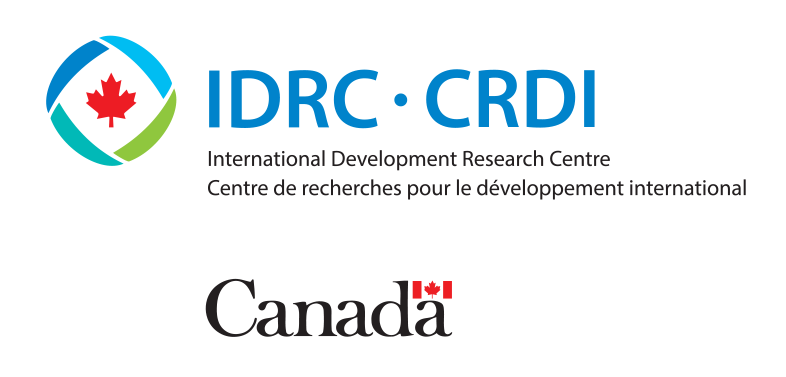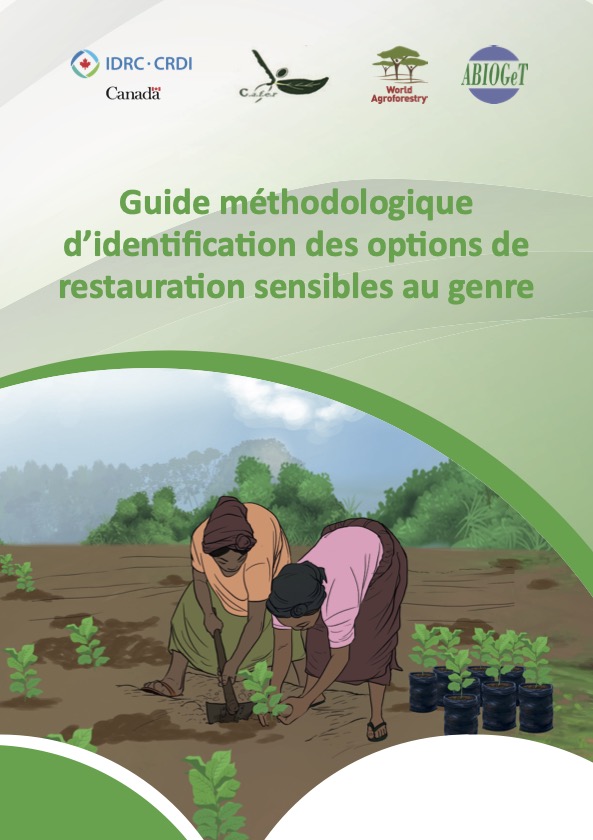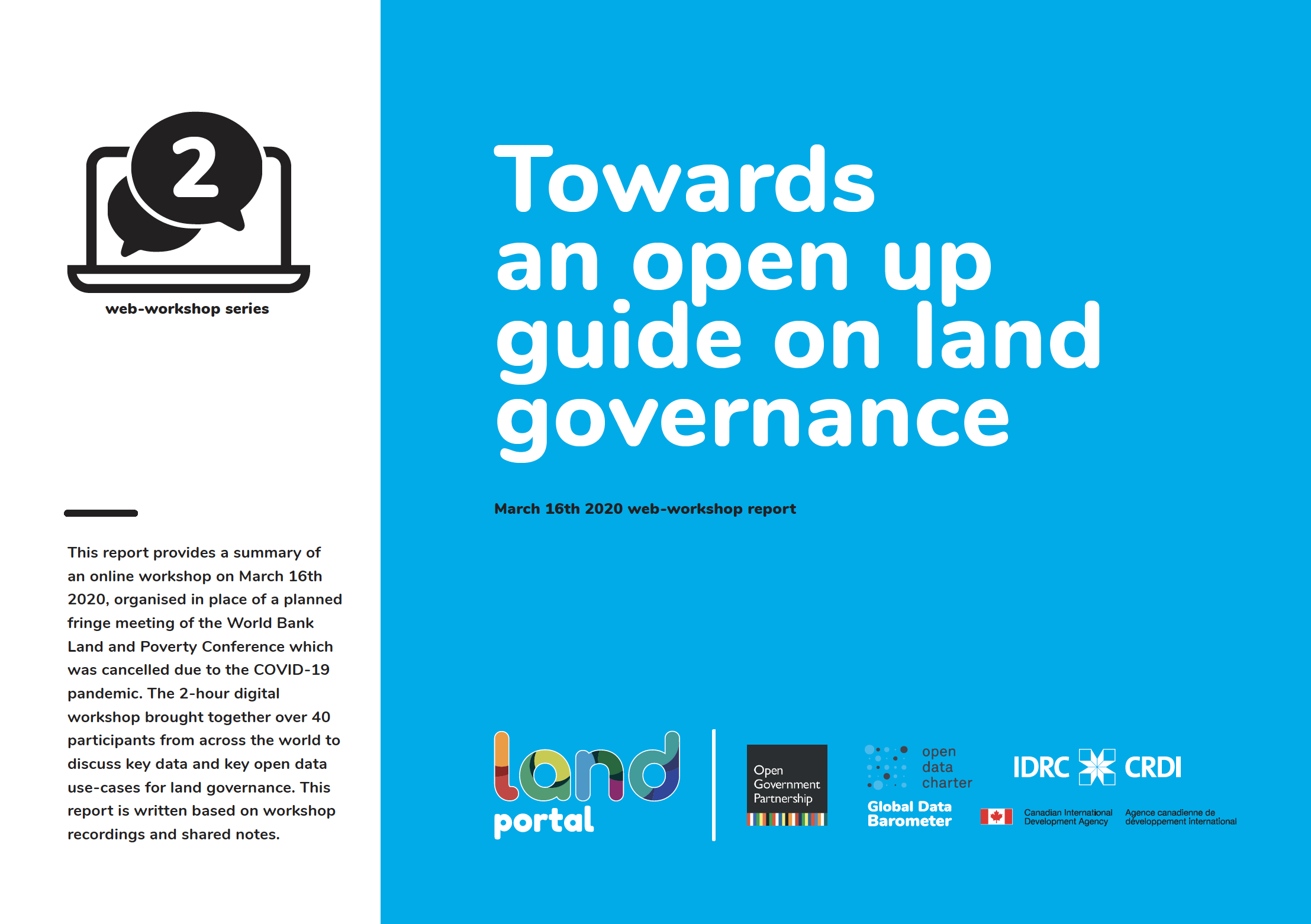About IDRC
A Crown corporation, we support leading thinkers who advance knowledge and solve practical development problems. We provide the resources, advice, and training they need to implement and share their solutions with those who need them most. In short, IDRC increases opportunities—and makes a real difference in people’s lives.
Working with our development partners, we multiply the impact of our investment and bring innovations to more people in more countries around the world. We offer fellowships and awards to nurture a new generation of development leaders.
What we do
IDRC funds research in developing countries to create lasting change on a large scale.
To make knowledge a tool for addressing pressing challenges, we
- provide developing-country researchers financial resources, advice, and training to help them find solutions to local problems.
- encourage knowledge sharing with policymakers, researchers, and communities around the world.
- foster new talent by offering fellowships and awards.
- strive to get new knowledge into the hands of those who can use it.
In doing so, we contribute to Canada’s foreign policy, complementing the work of Global Affairs Canada, and other government departments and agencies.
Resources
Displaying 1 - 5 of 324Guide méthodologique d’identification des options de restauration sensibles au genre
Ce document a été élaboré dans le cadre du Projet de « Restauration des Terres pour l’Autonomisation post- COVID-19 des Femmes rurales et autochtones et la Réduction de la Pauvreté au Cameroun » (LRIWEP) financé par le Centre de Recherches pour le Développement International (CRDI) du Canada avec l’appui technique de World Agroforestry (ICRAF), Centre d’Appui aux Femmes Et Ruraux (CAFER), Actions pour la Biodiversité et Gestion des Terroirs (ABIOGeT) et Rainforest Alliance, à travers un processus participatif multi-acteurs dans les Communes de Ngambé-Tikar (Centre), Pitoa (Nord) et Nkong-Ze
Plantations, women, and food security in Africa : interrogating the investment pathway towards zero hunger in Cameroon and Ghana
The paper critically engages with sustainable development goal targets (SDG-2- Target 2.3; SDG-5) to examine how and why large-scale agricultural land acquisitions modify the social relations of women’s food access. The study draws from impacts of various plantation schemes in Cameroon and Ghana. It argues that the framing of the SDG-2 appears to co-exist alongside promotion of corporate-led agricultural investment.
Right to housing for residents of informal settlements
This policy brief provides details of the United Nations Special Rapporteur recommendations regarding how governments can upgrade informal settlements within a human rights-based framework. A human rights-based approach will require that residents are ensured security of tenure over the land on which they live. States are legally required to set in motion policies and plans which have as their end goal the fulfilment of the right to adequate housing. Upgrading can reduce poverty, promote economic development and prosperity, and improve the health and well-being of residents.
Strengthening community land rights and responses to involuntary displacements caused by development projects in Zimbabwe : final technical report
Despite an inflow of investment in rural communities, there are concerns about negative impacts on local people’s livelihoods, access to farming land, productivity, income levels, food security and access to social services. The Zimbabwe Environmental Law Association (ZELA) research partnership assessed the impact and benefits of large-scale investments in the agricultural sector on livelihoods of smallholder farmers using two case studies. Evidence from this project suggests that the large-scale investments increased the income of surrounding communities.
Towards an open up guide on land governance
This report provides a summary of an online workshop on March 16th 2020, organised in place of a planned fringe meeting of the World Bank Land and Poverty Conference which was cancelled due to the COVID-19 pandemic. The 2-hour digital workshop brought together over 40 participants from across the world to discuss key data and key open data use-cases for land governance. This report is written based on workshop recordings and shared notes.







